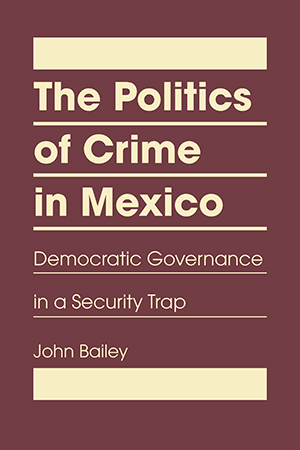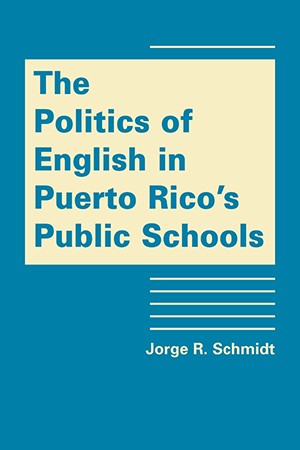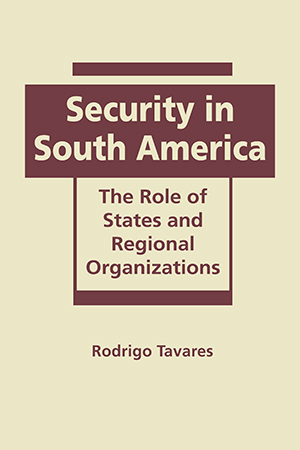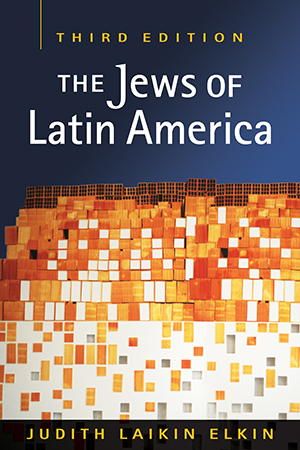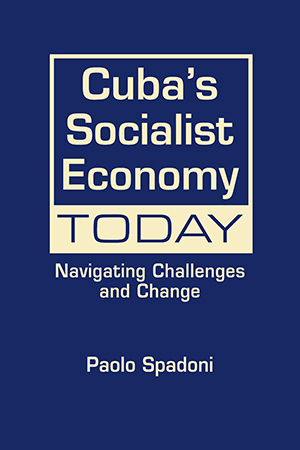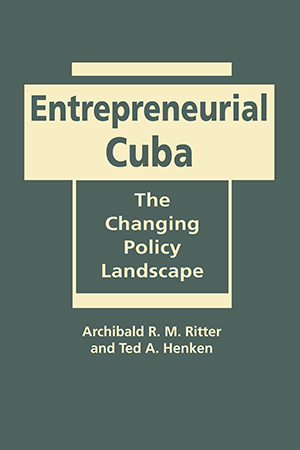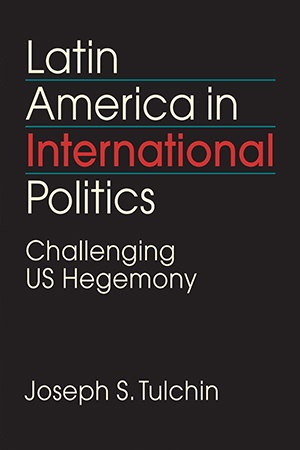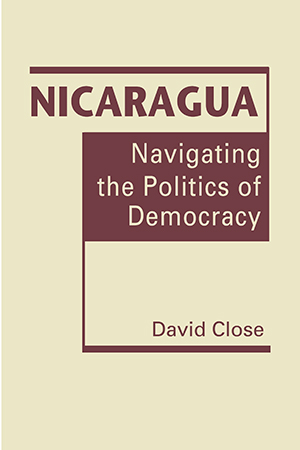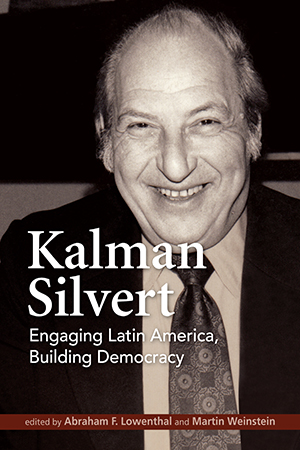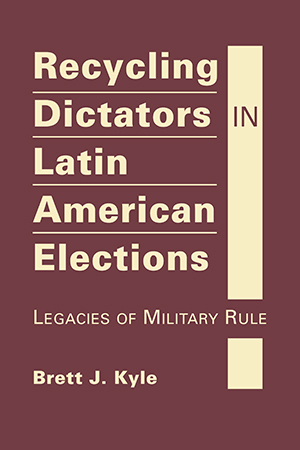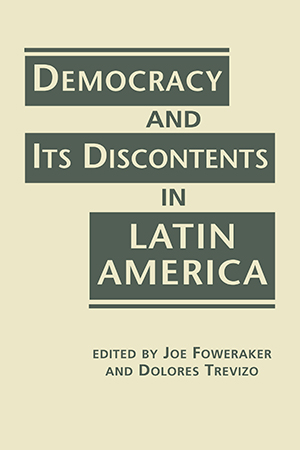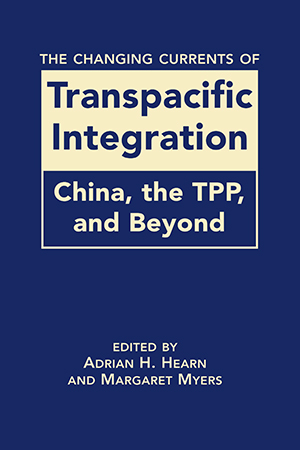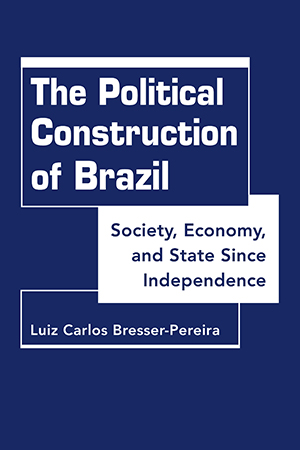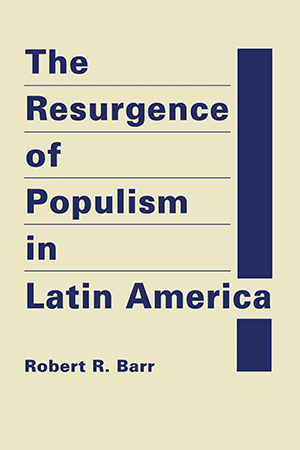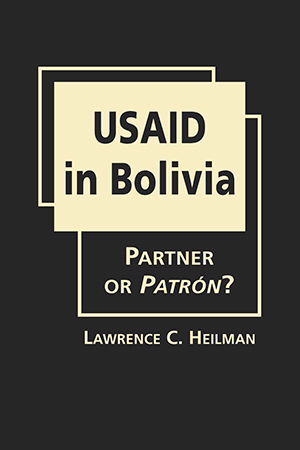Latin America and the Caribbean
What kind of democracy will emerge in Mexico when the current levels of violence are brought under control? Will democratic reformers gain strength in the new equilibrium between government More >
How have colonial and partisan politics in Puerto Rico affected the language used in public schools? What can we learn from the conflict over the place of English in Puerto Rican society? More >
What types of threats and conflicts affect the countries of South America? What roles can and should states and regional organizations play in maintaining both traditional and human security More >
When it was first published in 1980, Judith Laikin Elkin's foundational book on the Jewish communities of Latin America quickly became the standard resource on the topic. This new More >
What does Cuba's socialist economy look like today, after a half-century of fluctuating strategies? Are the reforms instituted by Raúl Castro improving living conditions and More >
During the presidency of Raúl Castro, Cuba has dramatically reformed its policies toward small private enterprises. Archibald Ritter and Ted Henken consider why—and to what More >
In recent years, the countries of Latin America have moved out from under the shadow of the United States to become active players in the international system. What changed? Why? And why did More >
Since the 1970s, Nicaragua has experienced four major regime changes—shifts in its fundamental logic, structure, and operational code of governance. What accounts for such instability? More >
Kalman Silvert highlights the extraordinary career of an extraordinary man—one of the founding architects of Latin American studies in the United States, a major builder of the More >
What explains the presence—and the surprising performance—of former authoritarian-regime officials in Latin American presidential elections? To answer that question, Brett J. More >
Why is there so much discontent with democracy across Latin America? Are regimes being judged by unrealistic standards of success—or is there legitimate cause for criticism in light More >
This comprehensive assessment of transpacific economic integration explores the many ways that new approaches to multilateral cooperation, and notably the Trans-Pacific Partnership (TPP), More >
Spanning the period from the country’s independence in 1822 through mid-2016, Luiz Carlos Bresser-Pereira assesses the trajectory of Brazil's political, social, and economic More >
Choice Outstanding Academic Book! Latin America has recently experienced a powerful resurgence of populism, a phenomenon that has had an outsized influence on the region's politics. More >
After Bolivia had received more than $4.7 billion from the US government to support 70 years of development efforts, why would Evo Morales abruptly expel USAID from the country in May 2013? More >



